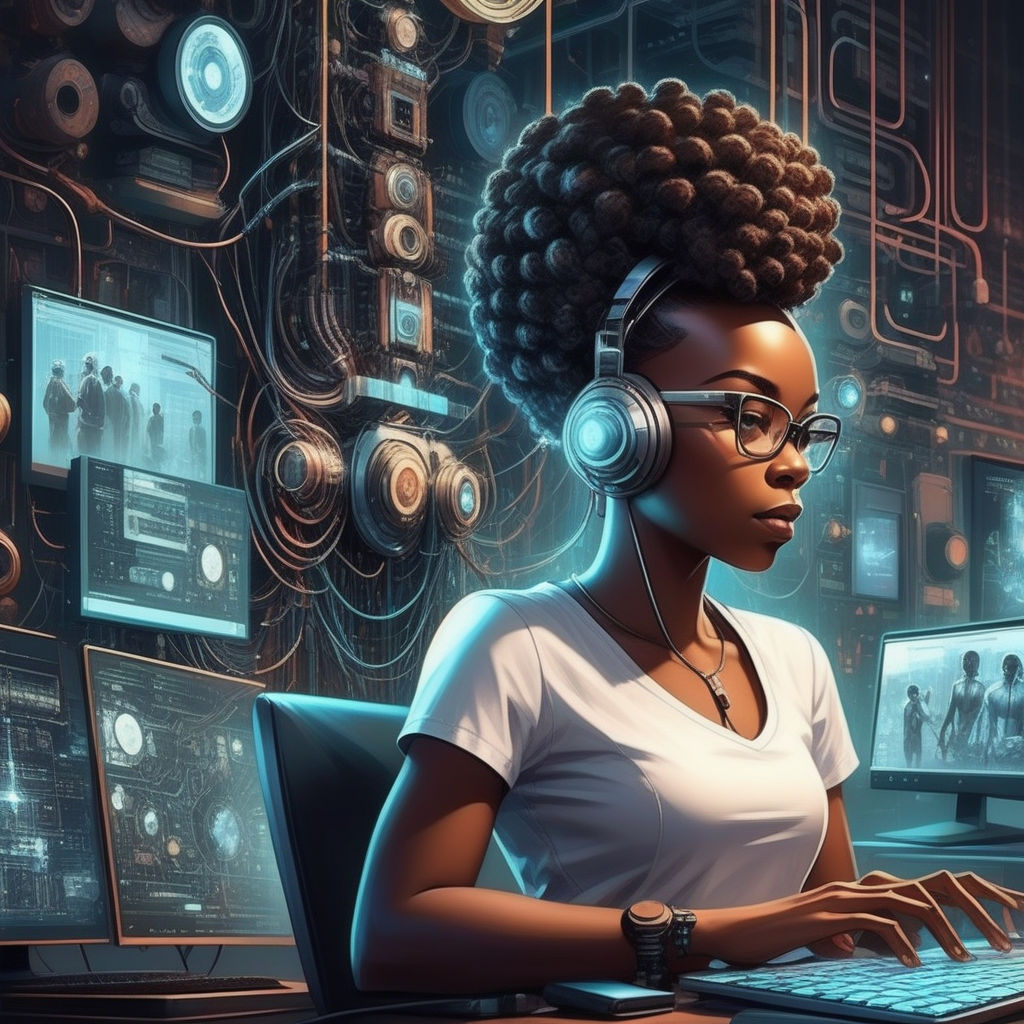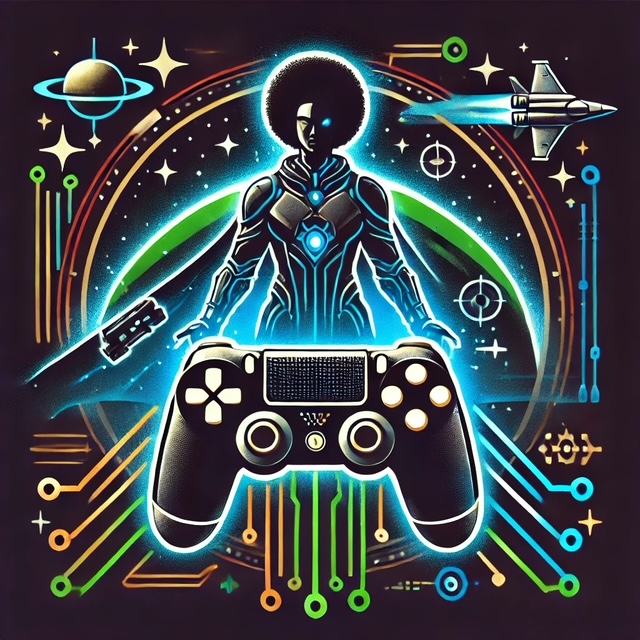The gaming industry is evolving rapidly, with new technologies and trends shaping its future. For Black developers, this evolution presents both exciting opportunities and unique challenges. This article explores the current state of the gaming industry, the specific hurdles Black developers face, and the promising initiatives aimed at fostering diversity and inclusion.
Current Trends in the Gaming Industry
- Virtual and Augmented Reality: VR and AR are transforming gaming experiences, offering immersive environments that were once the stuff of science fiction.
- Cloud Gaming: Services like Xbox Game Pass and PlayStation Plus Premium are making high-quality gaming more accessible by eliminating the need for expensive hardware.
- Artificial Intelligence: AI enhancing game design, creating more realistic NPCs and dynamic game worlds.
- Indie Game Development: Platforms like Roblox and Steam are empowering indie developers, allowing them to reach large audiences without the backing of major publishers.
Challenges for Black Developers
- Representation and Inclusion: Despite the industry’s growth, Black developers remain underrepresented. Only 2% of game developers identify as Black.
- Access to Funding: Securing funding is a significant hurdle. Programs like the Black Game Developer Fund aim to address this by providing financial support and resources.
- Workplace Culture: Many Black developers face challenges related to workplace culture and discrimination, which can hinder their career progression.
Opportunities and Initiatives
- Mentorship and Support Programs: Initiatives like Niantic’s Black Developers Initiative provide mentorship, funding, and development support to Black game developers.
- Community Building: Organizations like the Black in Gaming Foundation are dedicated to cultivating and promoting Black professionals in the gaming industry.
- Investment Funds: The Black Game Developer Fund continues to invest in Black developers, helping them bring their unique visions to life.
Here are some key statistics on Black developers in the gaming industry:
- Representation: Only about 2% of game developers identify as Black, African American, African, or Afro-Caribbean.
- Workplace Diversity: In a 2020 survey, 16% of respondents said their game studios put little effort into diversity initiatives, and 28% said theirs put in none.
- Ethnic Breakdown: The most common ethnicity among video game developers is White (67.7%), followed by Asian (12%), and Hispanic or Latino (8.8%).
Here are some educational programs and resources for aspiring game developers:
- Southern New Hampshire University (SNHU): Offers a comprehensive game development program that covers various aspects of game design, programming, and art.
- University of Baltimore: Their B.S. in Simulation and Game Design program is one of the oldest and largest in Maryland, offering specializations in technical art and coding.
- General Assembly: Provides an online game design bootcamp focusing on gamification mechanics and user engagement.
- Vertex School: A 30-week, fully online program that trains prospective developers for the gaming industry.
- Udemy: Offers various courses, including an 11-hour crash course that teaches game development from scratch.
These programs can help Black developers gain the skills and knowledge needed to succeed in the gaming industry. The future of gaming is bright, and Black developers have a crucial role to play in shaping it. By addressing the challenges and leveraging the opportunities, the industry can become more inclusive and diverse, reflecting the rich tapestry of its global audience. As the gaming industry continues to evolve, it is essential to support and uplift Black developers. Their contributions not only enrich the gaming experience but also pave the way for a more equitable and inclusive industry.


